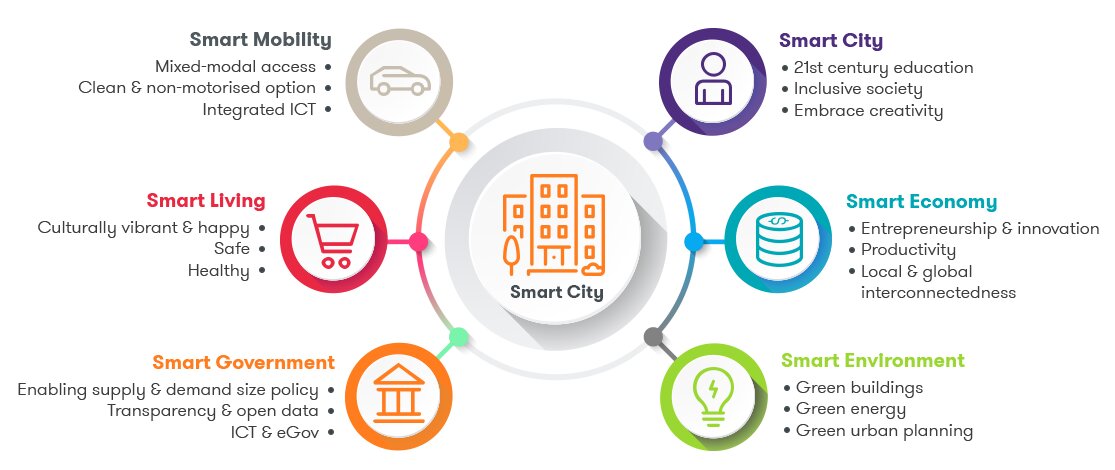Social Justice
Inclusive Urban Spaces For India
- 08 Jul 2020
- 7 min read
This editorial is based on “Rebuild cities as spaces of dignity” which was published in The Indian Express on 05/07/2020. It talks about the need for making Indian urban spaces more inclusive for migrant labours.
The Covid-19 pandemic has proved that the Indian cities are overburdened and underprepared to provide guaranteed social protection to millions of migrant workers. Due to denial of access to adequate food and nutrition, livelihood, housing and basic amenities like water and sanitation facilities, there has been an exodus of migrant labourers from urban to rural areas.
Further, with over 90% of the population working in the informal economy, the International Labour Organization (ILO) has predicted that as a result of the crisis and subsequent lockdown, about 400 million workers will fall deeper into poverty.
Given the significance of these labourers to urban development, there is a need to address the stark inequalities and make urban spaces in India more socially and financially inclusive.
Issues Faced by Migrant Workers in Urban Areas
Lack of Basic Amenities: According to the recent “Drinking Water, Sanitation, Hygiene and Housing Condition” survey by the government, there continue to be glaring gaps in water access in urban and rural India.
- Also, migrant labourers are likely to have relied more on public amenities such as hand pumps and public taps or standpipes which are connected to a municipal connection.
- These sources are generally unreliable — hand pumps and municipal pipes, for example, do not always supply water of potable quality.
- Given the importance of washing hands in combating the infection, the lack of WASH (Water, Sanitation and Hygiene) makes migrant labourers subject to work in an unsafe work environment
Huge Gap in Data About Migrants: Though the Unorganised Workers Social Security Act 2008 has specified the role of urban local bodies in registering numbers of migrant worker and disseminating information regarding welfare schemes to them, these provisions are not obligatory.
- Due to this, there is lack of any credible data on how many migrants enter and leave our states and cities.
Challenge of Informalisation: According to the Economic Survey of India 2019, about 90% of India’s total workforce of about 500 million workers is engaged in the informal sector. This made them more vulnerable to the economic crisis induced by Covid-19.
- Some of the major challenges due to the informalisation of the workforce include lack of job security, limited or no access to banking and insurance channels, a generally under-developed public health system.
Steps For Making Urban Spaces More Inclusive
Creation of a Database of Migrant Workers: Recognition and identification of migrants is the first step towards a more enhanced framework to provide basic amenities. To begin with, an effort to create a database of migrant workers is most necessary.
- This could be a game-changer by creating a digital Pan-India database to ensure coordination with their home districts and respective states.
- Eventually, convergence around this could create a framework of health, banking, microfinance and insurance networks centred around workers and migrants in urban areas.
Labour Migration Governance System: A fair and effective labour migration governance system for workers within the country is an urgent need of the hour.
- This is necessary for the realisation of decent work opportunities for all migrant workers while respecting fundamental human rights.
- Also, there is a need to ensure the protection of the labour rights of workers while taking into account the views of the employers to foster innovation in business and enterprises.
Formalisation of Economy: The central and state governments need to continue their efforts to address the informality of the Indian economy, the rural-urban divide, the uneven growth within states and between regions in the country, and the social and economic inequalities associated with the poorest and vulnerable.
- In this context, the migrants need to be supported with relevant information and counselling for job search and employment opportunities based on their skills and previous experience through their local governance and panchayat structures.
- Also, recently proposed Unorganised Worker Index Number Card by the Labour Ministry would also help in formalisation of the workforce.
Focusing on Public Health Infrastructure: Smart cities project does well by focusing on creation of hard infrastructure for urban renewal.
- However, there is a need to strengthen the public health emergency infrastructure also. This social and financial inclusion would make the Smart Cities Mission truly holistic.
Supporting Financially: There is a need to expedite the proposed Social Security Fund under the Code on Social Security, 2019.
- This could go a long way to provide a sense of financial security and act as a tool to monitor this segment of the population better.
Conclusion
The global experience shows that migration will continue as long as there is hope, aspiration, and an alternative livelihood option better than those available at home. In this context, the government has the task to build back better urban spaces in India, with a human-centred approach at its core.
|
Drishti Mains Question “For truly holistic urban development in India, there is a need to provide informal workers and migrant populations with a socio-economic niche”. Discuss. |
This editorial is based on “Revise the law” which was published on July 7th, 2020. Now watch this on our Youtube channel.





